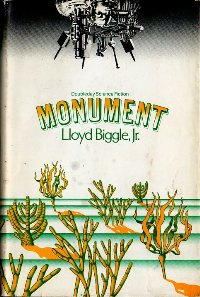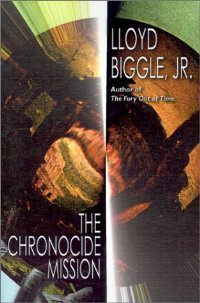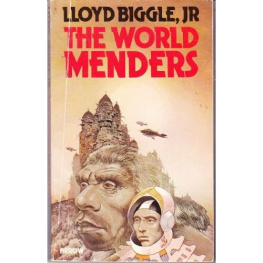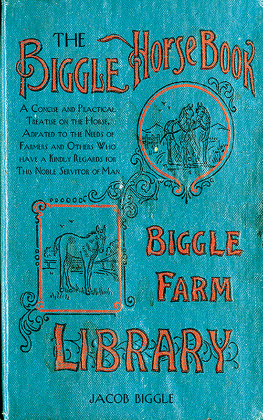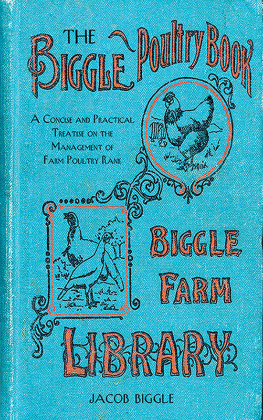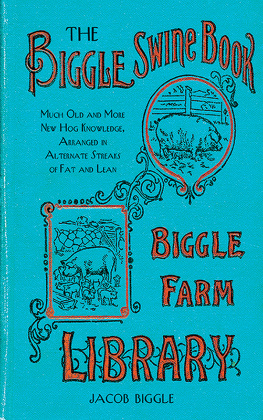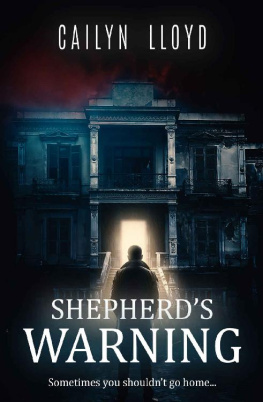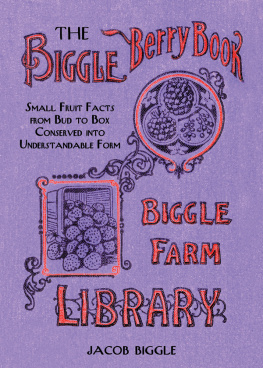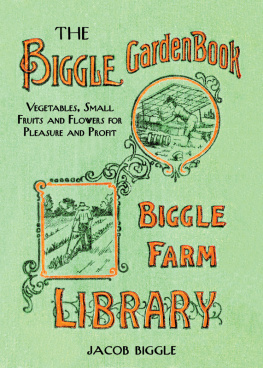Annotation
A paradise in space, under threat of being turned into a resort world. But the natives have a secret plan for their own survival.
The short story "Monument" was first published in Analog Magazine, June of 1961, and was included in the anthology Analog 1, edited by John W. Campbell (Doubleday, 1963). This novel is an expanded version of that story.
Monument
by Lloyd Biggle Jr.
1
It came to Obrien quite suddenly that he was dying.
He was lying in a gently swaying gourd hammock, almost within reach of the flying spray where the waves broke in on the point. The caressing warmth of the sun filtered through ragged, scarlet-leaved sao trees. Shouts of the children spearing marnl off the point reached him on fitful gusts of fragrant wind. A full drinking gourd hung at his elbow. The sweet, clear tones of a girl's voice uplifted in an old, old song, and the tremulous twanging of the nabuls stroked in accompaniment, had embroidered his reverie with bittersweet nostalgia. His first wife had sung that song at a moment in time that now seemed remote almost beyond the reach of memory.
Then the realization snapped coldly across his thoughts and roused him from half-dozing, drowsy contentment to icy wakefulness.
He was dying.
The sudden surge of panic he experienced brought pain in its wake, and while the spasm lasted he lay quietly, hands clutching his abdomen, eyes closed, perspiration oozing from his forehead and soaking the hammock's brightly patterned robes. It passed, and he jerked erect and shook his fist at the mocking emptiness of the cloudless blue-green sky. "What are you waiting for, damn it! What are you waiting for?"
The song stopped abruptly. A nabul struck the ground with a soft thud and a dissonant rattle of strings as Dalla, the singer, leaped to her feet and hurried to his side. He sat on the edge of the hammock wearily looking about him. The multicolored vegetation encircled him with a curtain of riotous beauty, and its glistening, drooping blossoms wafted a soporific invitation to rest, to meditate.
Obrien leaned back. Then he felt the first stabbing thrust of the pain's return, and he slid determinedly to his feet and brushed the blossoms aside.
Dalla fluttered about him concernedly, her face tense with unspoken questions. Obrien's great-great-grandson, Fornri, hurried toward him. Fornri and Dalla: Obrien regarded the two of them benignly, suddenly comprehending why Dalla had sung that old love song. In a year or two they would be partners at a betrothal dance. He wondered whether he would be alive to offer his blessing.
The other young people were on their feet and looking on with grave concern. They came frequently to ease the burden of an old man's boredom with music, and they would not understand if he told them he no longer needed to be entertained because he was dying. The pain's thrust continued, but Obrien resisted the impulse to futilely clutch his stomach.
"To the Elder," he said curtly.
Consternation touched their faces. Fornri said slowly, "It is a long and tiring journey. Perhaps in the morning--"
"To the Elder," Obrien said again and turned his back on them.
Their words drifted after him; they spoke unaware that an old man's hearing could be as sharp as their own. Dalla said tremulously, "If you go only a short distance and then return, he may fall asleep and forget."
There was a pause, and then Fornri answered, his voice deeply troubled. "No. He is the Langri. If he wishes to visit the Elder we must take him."
Obrien left them to their dilemma and stumbled down the slope to the beach. The moment he appeared, the children came splashing toward him. "Langri!" they shouted. "Langri!"
They crowded about him excitedly, holding up marnl for his approval, waving their spears, laughing and shouting. The marnl was a flat, broad, reptilian-looking creature with a multitude of legs and a small head on a ridiculously long neck. It was unlovely and inedible, but as a bait it was priceless. On this world children learned to swim before they could walk, for there was nothing in the sea that could harm them, and as soon as they could wield a spear they took to this game of catching marnl and made their play an indispensable economic asset.
Obrien paused to admire the more choice specimens before he gestured toward a dugout hunting boat drawn up on the beach. "To the Elder," he said.
"Ai! To the Elder! Ai! To the Elder!"
They dashed to the boat, hauled it into the water, and began a furious struggle for places. Then Fornri arrived, and he waded into the melee, restored order, and told off seven boys for paddlers. They brought the boat back to the beach for Obrien to board. His pain had diminished, so he shrugged off Fornri's proffered assistance, waded to the other end of the boat, and hopped aboard native fashion. As the boat moved away, the crowd of children splashed after it, swimming around and under it until the paddlers got up speed. Behind them, Dalla stood on a rise of ground with her arm uplifted in farewell.
The boys shouted a song as they dipped their paddles--a serious song, for this was a serious undertaking. The Langri wished to see the Elder, and it was their solemn duty to make haste.
And Obrien leaned back and wearily watched the foam dance under the outrigger, for he was dying.
It was not the imminence of death that disturbed him, but the realization that he should have thought of it sooner. Death was inevitable from the instant of birth, and Cerne Obrien was a long lifetime from babyhood. He wondered, sometimes, just how old he might be, for in this dreamy land, where the nights were moist and the days warm and sunny, where there were no seasons, where men measured age by wisdom, it was difficult to keep an alert finger on the pulse of time.
But Obrien did not need a calendar to tell him he was an old man. The solitary hut he had built on the lovely rise of ground above the point had become the center of a community as his sons, and grandsons, and great-grandsons brought home their wives. It was the village of Langru, the village of fire-topped men, already celebrated in legend and song; and though few of his descendants inherited his red hair, all were considered people of fire. Maidens were eager to mate with them, and the sturdiest youths came to court the daughters of fire. Many of them defied tradition and settled in the village of their wives.
A man who lived to watch his family thrive into the fifth generation had to expect a time of reckoning. Obrien's limbs were stiff and swollen each morning from the night's dampness. He moved slowly and tired easily, and the flaming red hair of his youth had faded to rusty gray. He had been ill for several years as a twitch of discomfort in his stomach became a throbbing irritation and then a sharp, prolonged pain and finally a searing agony. It was the corrosive touch of death, and so slowly did it come upon him that he had not recognized it.
He had received more happiness than he'd expected from life and far more than he deserved, and he should have been able to face death without fear or regret; but the dream that had grown until it shaped his life among these people was unfulfilled, and he knew, with an absolute and terrifying certitude, that if he died now this lovely world was doomed to utter ruin and this beautiful, generous, loving people to extinction. He knew.
He had known it almost from the moment of his crash landing. In his younger days the knowledge had made him frantic with worry, and he had pondered and debated with himself on long nocturnal walks along the beaches, and paced his hut through innumerable hours of misty darkness while he devised stratagems, and with inspiration and luck and stubbornness he finally fashioned the answers he had to have. He was the one man in the far-flung cosmos who could save this world that he loved and these people that he loved, and he would do it. He painstakingly rehearsed in his mind every step that had to be taken, and every opposing move that would have to be countered, and he was ready to act the moment the world was officially discovered.

